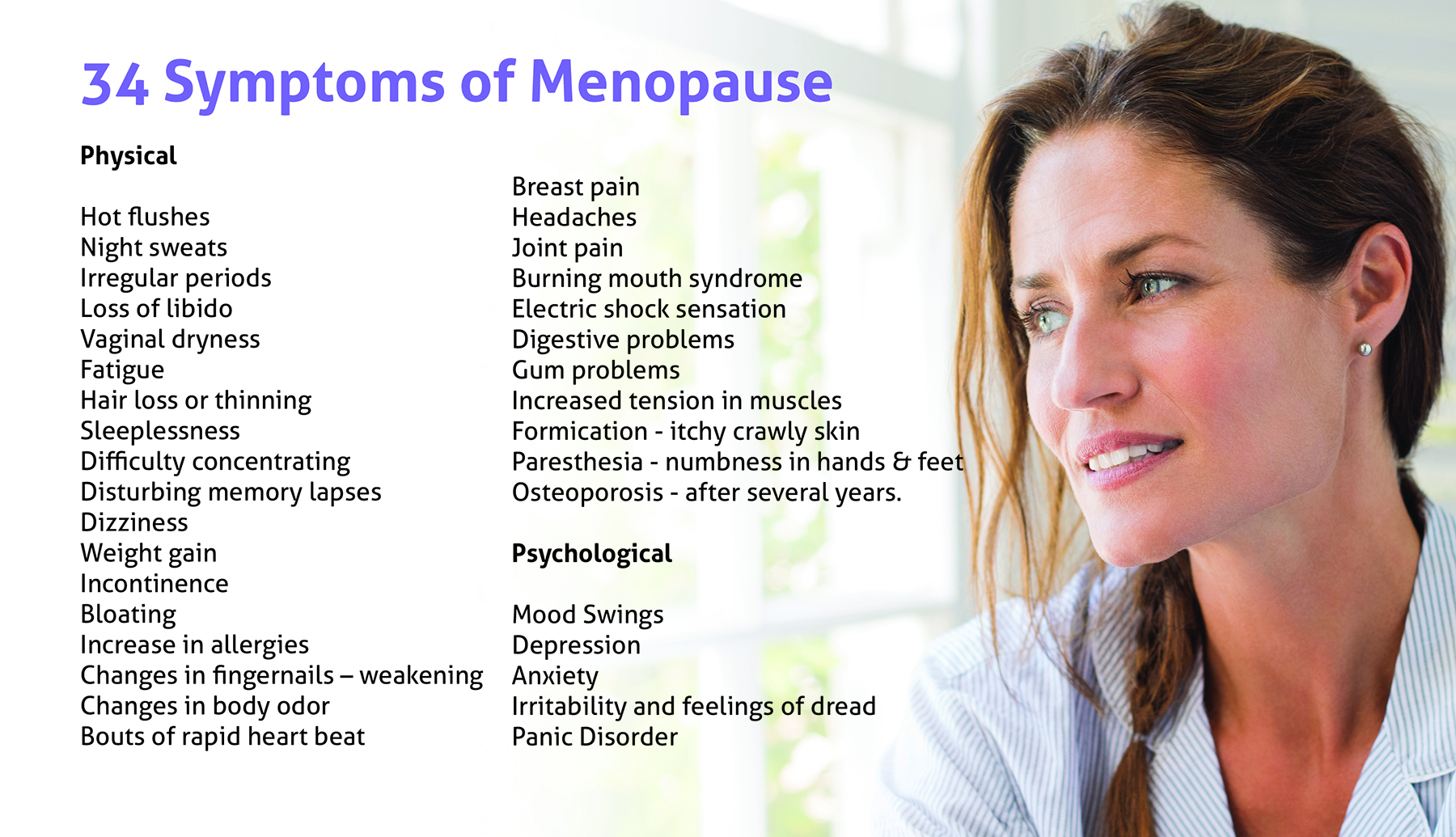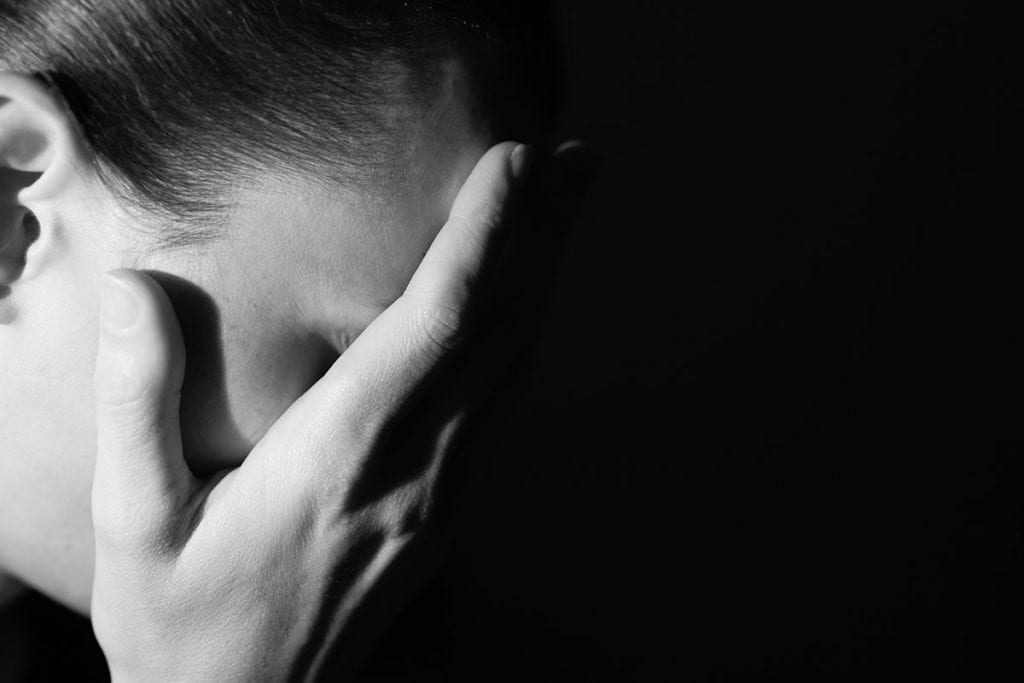Headaches. They’re a headache aren’t they?
My humble apologies for the corny joke 😉. I know headaches are no laughing matter and I also know a lot of you are experiencing them during perimenopause/menopause because you’ve told us.
As you know we’re here to help you so I put on my research cap and went hunting for the reasons why.
Your Biochemistry
If you’re a regular reader here you’ll know I’m always saying that every body is different. By that, I mean that everybody’s biochemistry reacts to things differently. What triggers one thing in one person may not in another, and what works for one person may not for another.
For example, caffeine may hype you up and disrupt your sleep patterns while your BFF can enjoy a cup of joe in the evening and sleep soundly. (That is soooo not me by the way.)
Related: 10 Ways Caffeine Can Affect You During Menopause
Some women experience hormonal headaches that occur around the time of their period and ovulation – they get some relief once perimenopause begins because this diminishes.
Others, however, find the meno years triggers an upsurge in headaches or – worse – migraines.
The 34 Signs
As you may know, perimenopause is the lead up to menopause that begins (on average) around 40-45 and can last a decade.
These are the 34 most common signs:

Menopause spells the end of your fertile years and occurs when your ovaries shut up shop and you produce less of the hormones estrogen, progesterone and testosterone. In fact, during perimenopause, these hormones fluctuate daily and I often refer to this as a rollercoaster.
Headaches
Fluctuating hormones are why the meno years may trigger headaches. It’s also why hormonally triggered headaches at period/ovulation time may diminish – your hormone levels overall are lower.
Bit of an oxymoron really isn’t it?
Most of us have experienced some form of a headache. From a mind-numbing throbbing to a pain nestled into the front or back of the head that you just can’t shake.
And then there are migraines.
If you’ve ever experienced a migraine you’ll know about it. They can come with head pain, nausea, vomiting and sensitivity to light and sound.
For a lot of women, particularly those who have experienced hormonal headaches before, the meno years can worsen their signs before they get better.
What Can You Do?
Making some dietary and lifestyle changes (which we should do anyway during the meno years) can make the ride smoother and more sign-free because some things that impact our hormones are also associated with headaches and migraines.
Avoid:
- Alcohol, especially wine (sorry, fellow wino’s 😋)
- Caffeine
- Chocolate (sorry again, chocolate lovers 😋)
- Cheese (and cheese lovers 😋)
- Sugar (this is a bad guy, sorry lovelies)
- Orange juice
- Salty foods
- Processed foods
- MSG (monosodium glutamate)
- Stress
- Anxiety
Try:
1. Keep Hydrated
Dehydration can trigger headaches and can be simply cured by drinking water. The body relies on fluids to be at its best and you don’t have to be thirsty to be dehydrated. Take a look at your urine, the clearer it is the better hydrated you are.
2. Check out your supplement intake
Magnesium is a beautiful relaxant so make sure you’re not low in it. A large percentage of people are. We need a good proportion of nutrients in our diet.
3. Exercise
Keeping your body nicely oxygenated will help keep headaches at bay. Don’t overdo exercise, you want fairly gentle, consistent moves that keep you well-exercised but don’t stress your body out and activate your stress hormone cortisol.
4. Yoga & Meditation
Both of these practices are wonderful for stress, anxiety, breathing – so many reasons. They’ll help with flexibility and bone strength as well as keeping cortisol levels happy and the body well oxygenated (see above).
Related: Bones. Why Milk’s Not The Secret To Strength
Related:
- How Long Do The Menopause Years Last?
- What Happens To Your Body During Menopause?
- 3 Signs That Point To You Being In Perimenopause
Hope that helps ladies. As always, if I can answer any questions sing out here.







